950+
Organizations use Psylaris products
7500+
Therapists use our software worldwide
100.000+
Completed sessions with our applications

What everyone with PTSD recognises is the increased vigilance. You are constantly looking for stimuli that might put the trauma back on your mind. You want to avoid these stimuli, so you are never really relaxed. Alertness, restlessness and feelings of anxiety are not only present during the day, but also at night and especially if a trauma recurs in a nightmare. It goes without saying that poor sleep has an impact on daily life. With PTSD it is already difficult to function normally during the day and sleeping problems will only make it worse. In order to be able to sleep to some extent, medication is sometimes used, but this too is not conducive to getting rid of a PTSD or a nightmare.
Doing something about a nightmare is difficult. After all, you have little influence on what you dream during sleep. But it is a logical consequence of an unprocessed trauma, that this event recurs in a nightmare. Bad dreams can only be combated by processing the trauma. The trauma must be given a place, so that the event no longer keeps you awake. A nightmare treatment, or a treatment for trauma processing, is EMDR (Eye Movement Desensitization and Reprocessing)

If you are constantly confronted with the re-experience of a trauma, you have PTSD. This means that you have to be treated to process the trauma. Only after processing the trauma, the event has a place and you will not be confronted with your trauma again, only if you want to. Although you may always feel pain or trouble when thinking back to the trauma, it has no influence anymore on your daily functioning. A good treatment for trauma processing is EMDR.
EMDR is the abbreviation for 'Eye Movenment Desensitization and Reprocessing' and is a successful therapy for PTSD. Distraction at the moment that you think of the traumatic event, is central. During the therapy you must indeed recall the trauma again, something you do not want. But you have to, because in this case it is the first step towards recovery. During the session, there are sufficient pauses to recover. When you are reliving the trauma, the therapist will distract you with a hand gesture that you must follow. It is also possible that you are distracted by means of a sound signal.
Scientists do not yet know how EMDR works in the brain, but the distraction ensures that you no longer think about the trauma and that you 'park' the experience. After repeating it a few times, the so-called parking will become easier and you will even be able to recall the memory with less emotion. If the trauma has been given a place to live in this way, an unwanted re-experience will hardly ever happen again.
That EMDR does not necessarily have to be a therapy in which the practitioner and client sit opposite each other in the treatment room, is proven by Psylaris with new innovations. Under the name Psylaris Care, Psylaris has released a series of modules for virtual reality. With the EMDR-VR module, the client is treated wearing VR glasses. It is no longer necessary to just follow a hand gesture, the client undergoes an intensive working memory load. This can even be done from home, making a more frequent treatment possible.
In order to really do EMDR from a distance, Psylaris has EMDR-remote. developed. This is an online platform for EMDR. Through image calling, the practitioner has contact with the client, who is in his or her own safe environment. Once again, the practitioner has many possibilities to use distraction tasks and treatment has become much more accessible for the client.
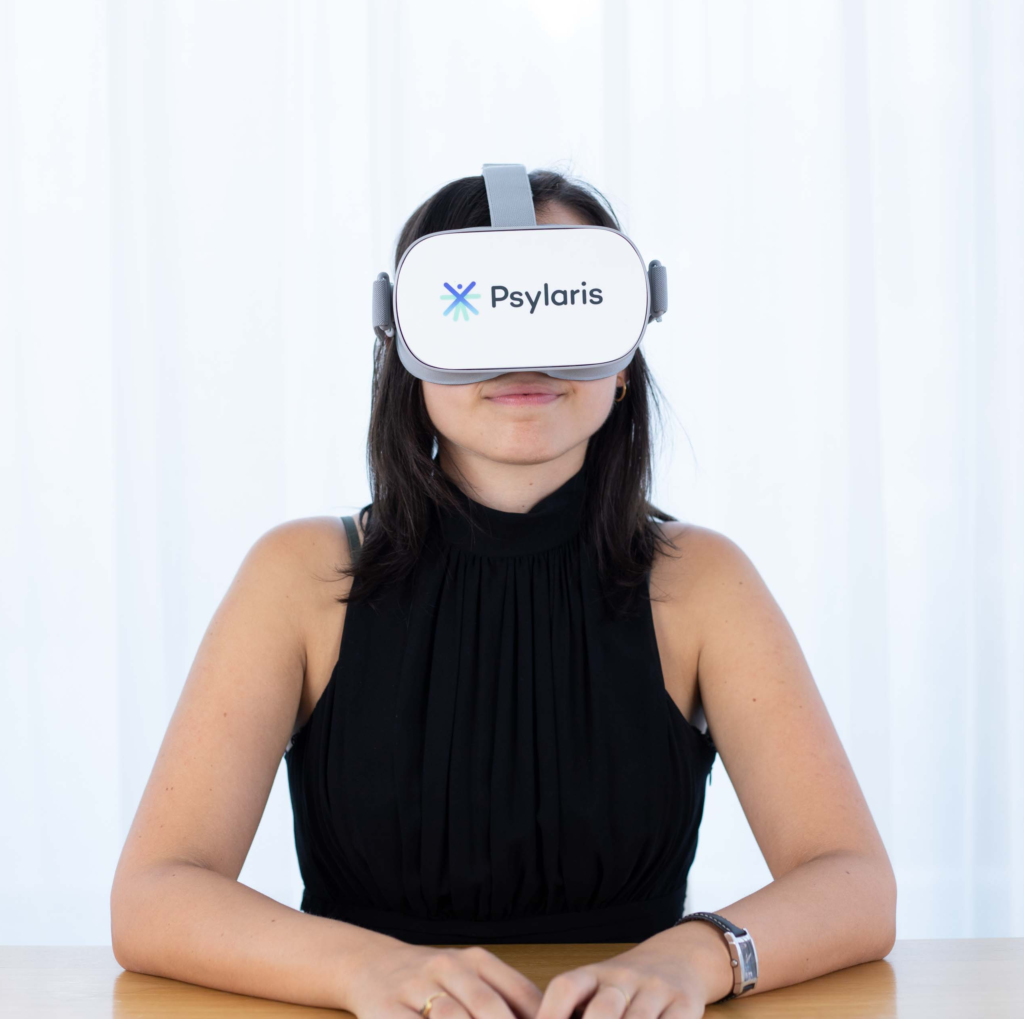
As a developer of modern methods and tools in mental healthcare, Psylaris has also made EMDR easy with modern techniques. Virtual reality, for example, plays an increasingly important role in the mental healthcare sector. With EMDR-VR and EMDR-plus, Psylaris has developed a VR-module. The module can easily be used by the practitioner and has many distraction possibilities. The client gets a more intense distraction than during a regular treatment. The VR glasses can be used both at home and in the treatment room. This makes both the practitioner and the client more flexible.
If the client is unable to come to the treatment centre, Psylaris uses EMDR-remote to make it possible to receive EMDR treatment at home. EMDR-remote is the online EMDR platform of Psylaris, where the practitioner and the client can conduct an EMDR session via video calling. Again, the practitioner has many possibilities to distract and the client, who is chained to the house, is still being treated.
We believe with the combination of intelligent software and qualified therapists we can develop a system in which everyone, anytime and anywhere has direct access to efficient and affordable psychological care.
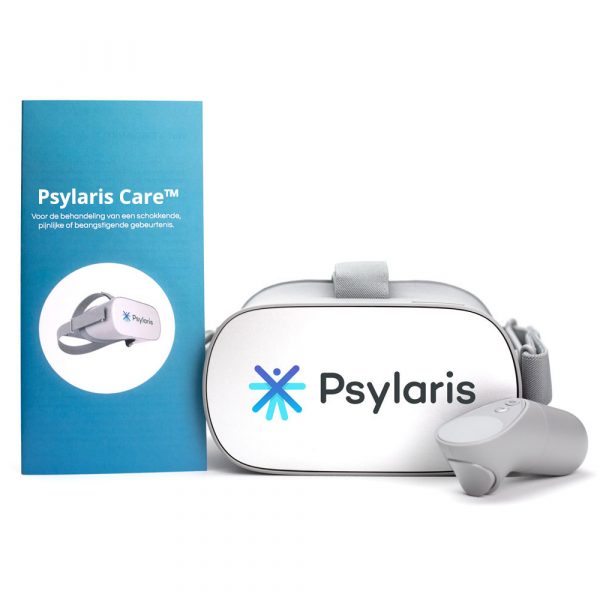
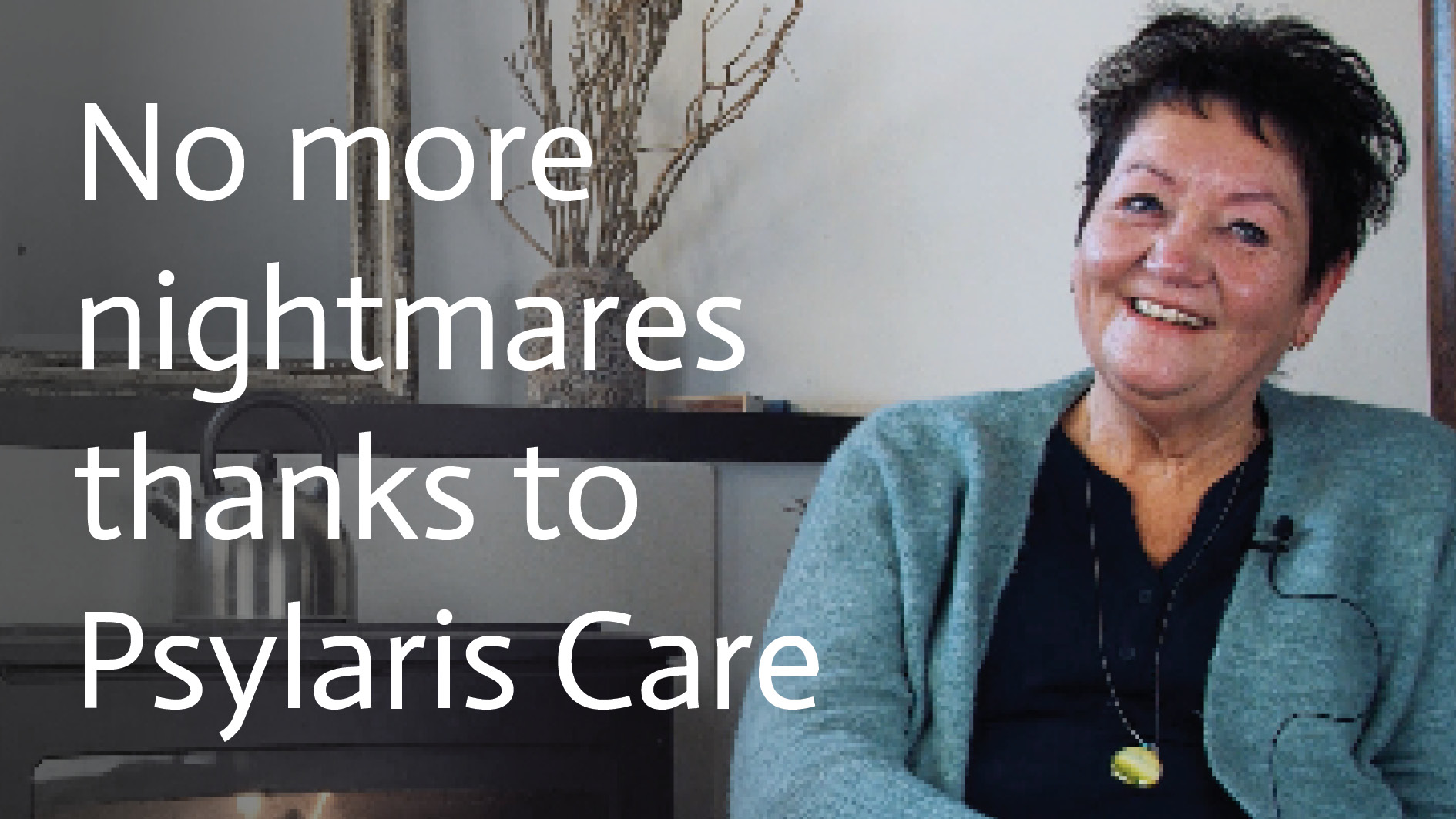
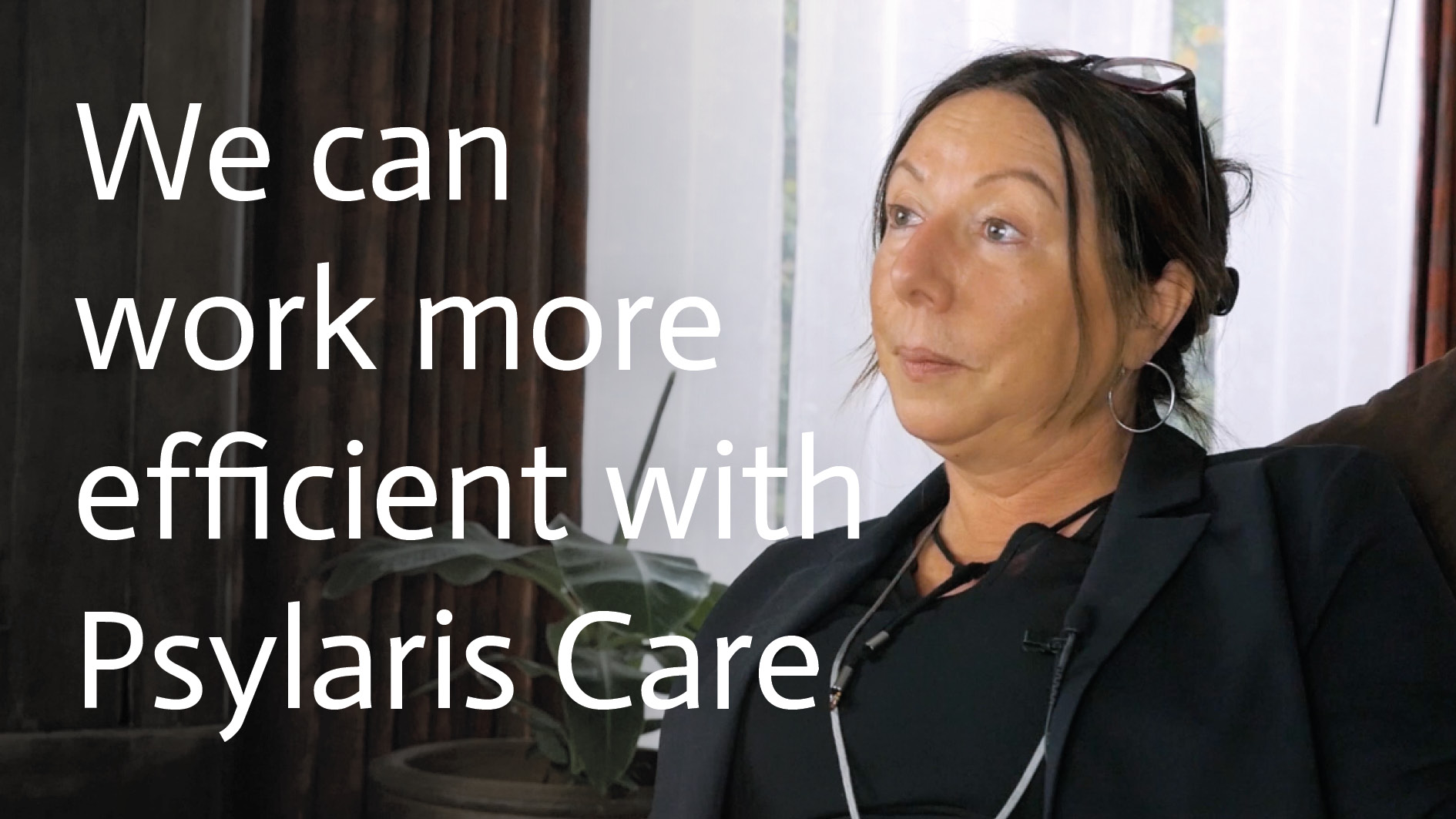
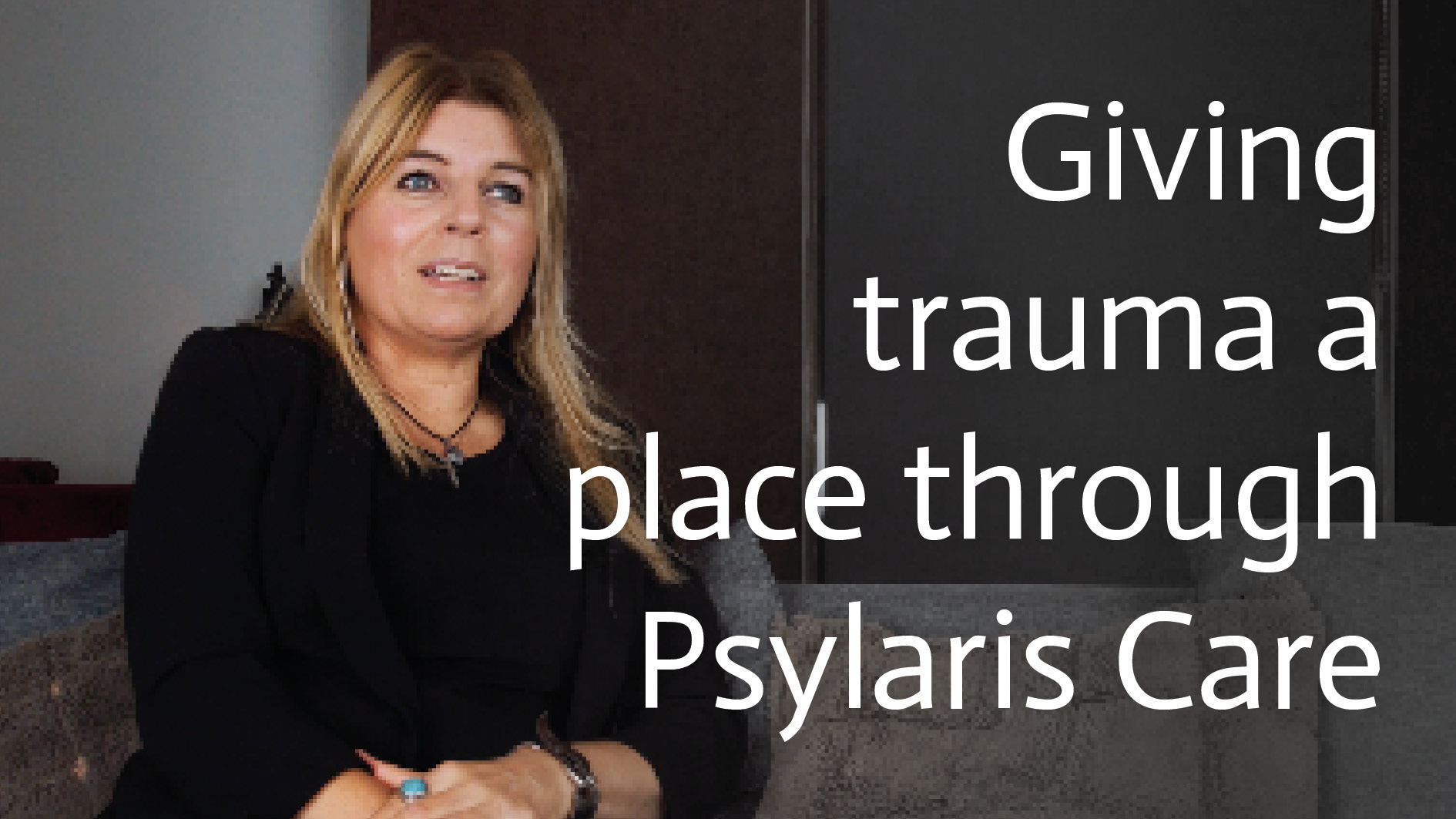
This website uses cookies to ensure that you get the best experience on our website.